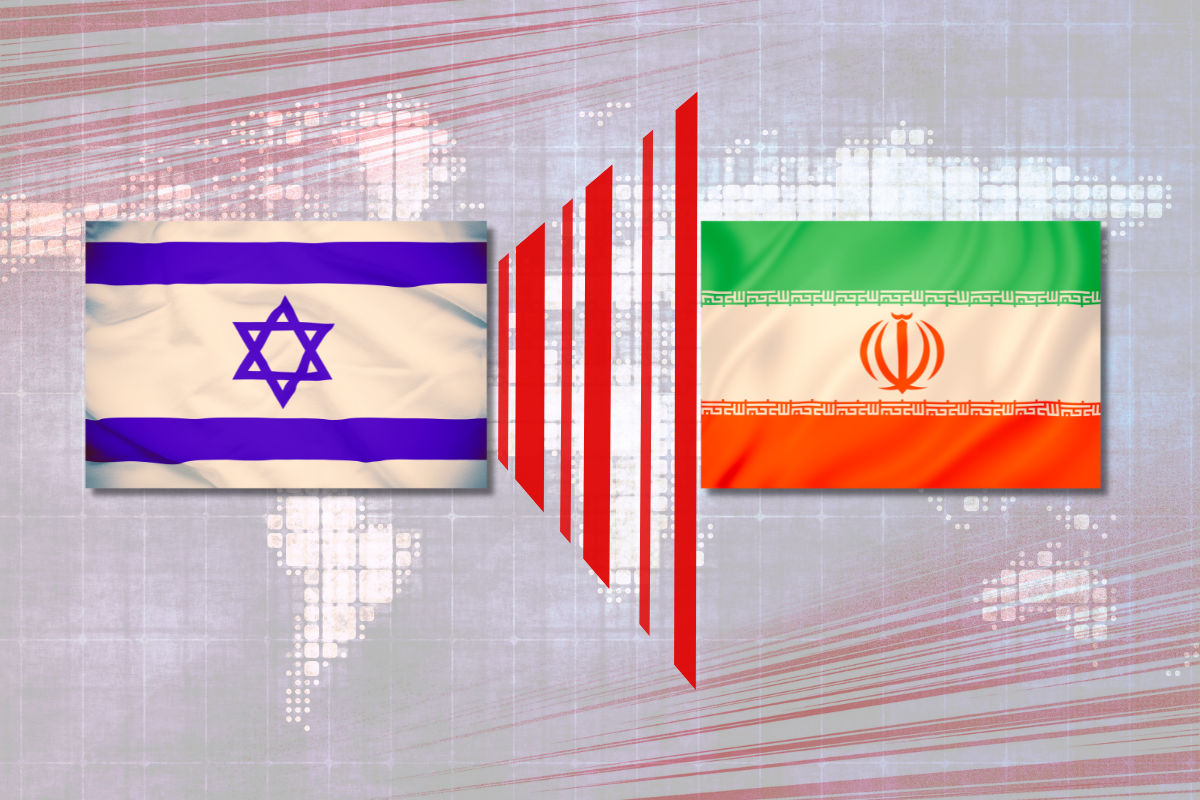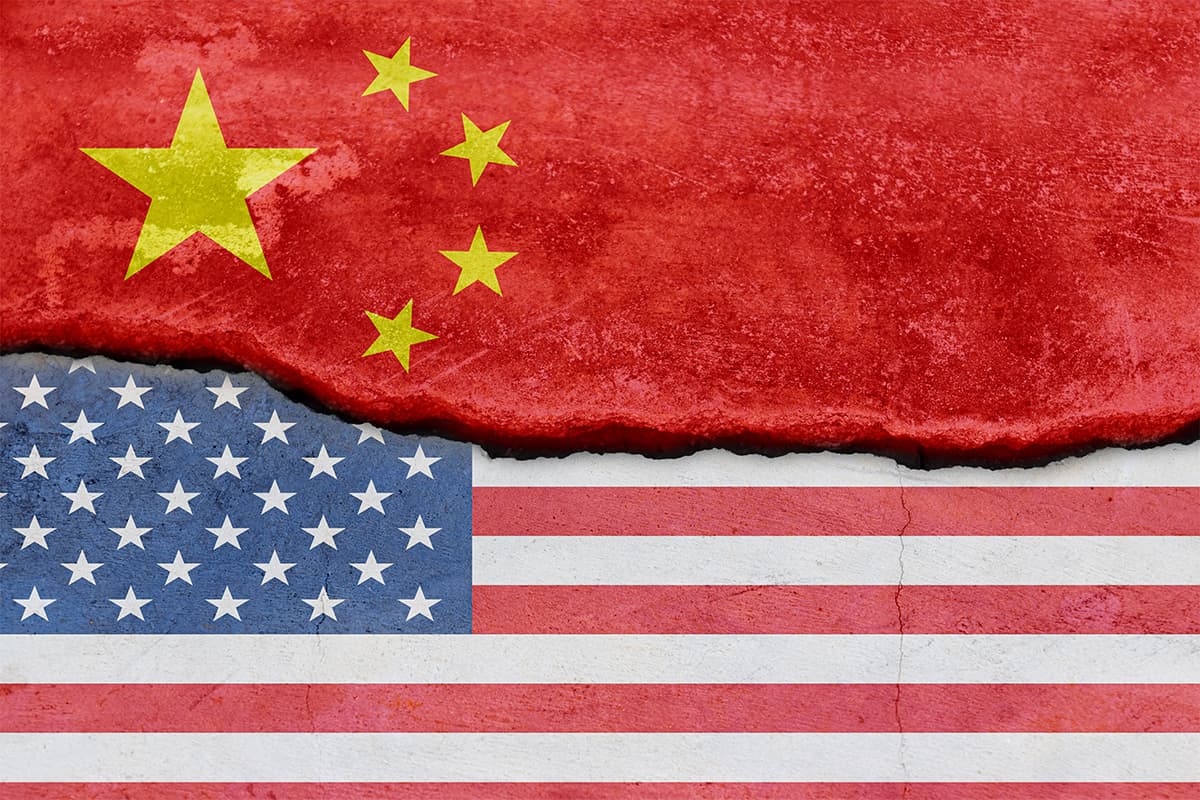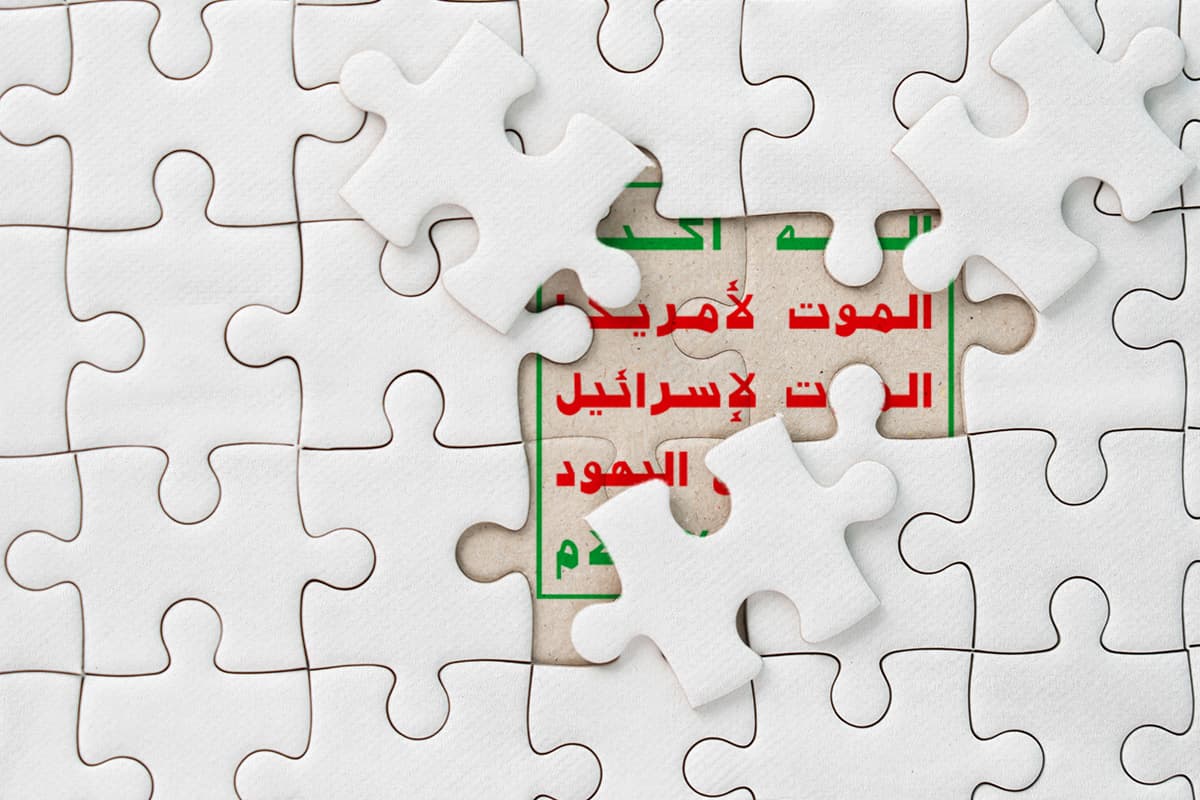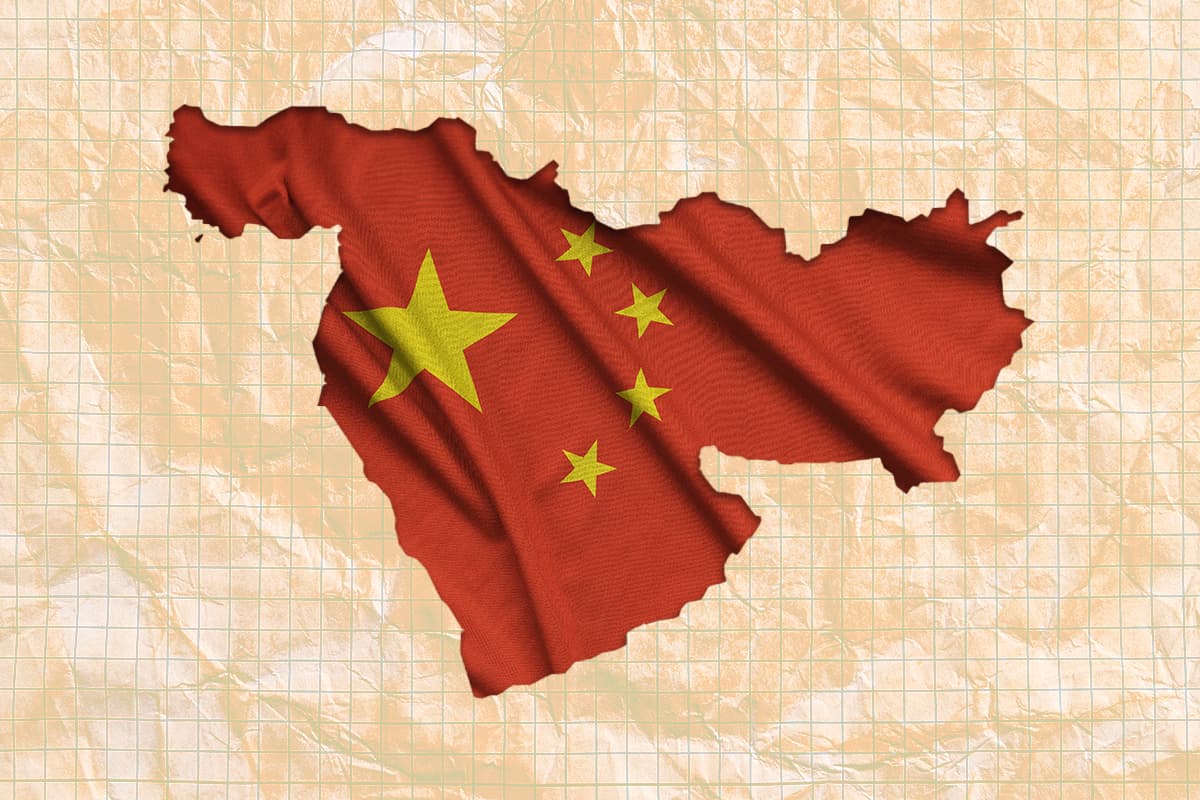China’s growing presence and influence in the Middle East is not all diplomatic posturing. Reports emerged last week that Iraq and China have been engaged in discussions to accelerate the development of critical infrastructure projects in Iraq through an oil-for-projects framework agreement. Led by Deputy Prime Minister and Minister of Planning Muhammad Ali Tamim, alongside Chinese ambassador to Iraq Cui Wei and his delegation, the talks focused on providing economic support for much-needed infrastructure projects like schools, hospitals, electricity, and other public services.
Recent statements from Chinese Foreign Ministry spokesman Wang Wenbin also underscored Beijing’s commitment to fostering “friendly” ties with Baghdad. Highlighting the deep-rooted camaraderie between the two nations, Wang emphasized China’s substantial involvement in Iraq’s development projects, especially in terms of reconstruction. “China and Iraq share friendly relations; as a sincere friend China actively participates in Iraq and the reconstruction of the country.” With trade between China and Iraq reaching approximately $50 billion last year, China stands as Iraq’s largest importer of oil, further solidifying their economic interdependence.
Chinese Economic Ties to Iraq Surge
In fact, Iraq has increasingly emerged as one of the major areas of focus for China over the last few months. Chinese investment in Iraq has increased since 2019, when the two inked an economic pact enabling Chinese firms to invest in infrastructure projects. This agreement includes a $10 billion loan from China, to be repaid by Iraq through the provision of 100,000 barrels of oil per day. The agreement aimed to address critical infrastructure needs such as schools, highways, airports, and water treatment plants, which played a role in the widespread protests that swept across Iraq in October of 2019.
Since then, China has become one of the major forces in the Iraqi economy, investing billions into various oil, gas, and reconstruction projects. China has built over 1,000 schools (including 120 in the last year), critical energy infrastructure, and has been making rapid progress on Iraq’s Nasiriyah International Airport. In late December 2023, construction began on 30,000 new housing units in cooperation with Chinese firms, representing an investment worth around $2 billion. More recently, Chinese companies have been invited to take part in a new megarail project and a container project at Faw Port.
These projects have largely been successful and inspired a great deal of confidence in the value of cooperation with China on the part of the Iraqi government. Chinese contractors were projected to successfully complete their work at the Halfaya gas fields, first started in 2022, as early as 2024, marking a quick turnaround for the China Petroleum Engineering and Construction Corp and PetroChina. First Deputy Speaker of the Iraqi Parliament Mohsen Al-Mandalawi called on Chinese companies “known for their efficiency in completing strategic projects” to continue to participate in the Iraqi economy. In August, Iraqi President Abdul Latif Rashid also praised China for its assistance in rebuilding Iraq after the war during a state visit to Beijing. China has even been taking over contracts that normally would be taken by U.S. companies, as was the case when the China National Petroleum Company, or CNPC, became the official contractor of Iraq’s West Qurna 1 oil field, overtaking American oil giant ExxonMobil.
Contrast with the United States in Iraq, Syria, and Gaza
China’s increasingly public and prominent relationship with Iraq comes at a time when U.S.-Iraq relations are at an especially sensitive point, following a series of U.S. airstrikes on Iraq that led to serious tensions and an official note of protest from the Iraqi ambassador. No doubt the image of China as the creator and the United States as the destroyer cuts a clear contrast that Beijing is more than happy to embrace. Wang Wenbin was clear in his condemnation of the strikes on 3 February, saying that “Syria and Iraq are sovereign countries” and that “China opposes any act that violates the UN Charter and infringes upon other countries’ territorial sovereignty and security.”
The reconstruction of Iraq is just one of the ways in which China has been able to juxtapose its regional presence with that of the United States. Similar dynamics are developing in Syria, where Chinese companies are poised to play a major role in Syrian post-war reconstruction efforts. Chinese officials also voiced opposition to Israel’s planned operation in Rafah, saying “China pays close attention to the developments in the Rafah area, opposes and condemns actions that harm civilians and violates international law, and calls on Israel to stop military operations as soon as possible. Israel should make every effort to avoid casualties of innocent civilians and prevent a more serious humanitarian disaster in the Rafah area.”
Chinese Tortoise vs American Hare
The Chinese media have been successfully leveraging the contrast between American policy in the Middle East and Beijing’s approach, highlighting the declining popularity of the U.S. in light of its continued support of Israel’s war in Gaza. One opinion article called U.S. efforts to broker peace in the region as those of “arsonists dressed up as firefighters.” The author writes: “Today, the United States still wants to stage a ‘peace show’ in the Middle East, but there are not many viewers in the audience.” As long as the United States continues to rely on military might and remains out of step with the region regarding the Israel-Palestinian conflict, China will undoubtedly be able to effectively manipulate this contrast, bolstering its efforts to expand economically and diplomatically. While China’s ability to directly influence current events in the Middle East in military ways is still limited, perhaps its wait-and-see attitude, whether by necessity or design, and methodical economic development activities, could in the end turn out to be the wisest course.






